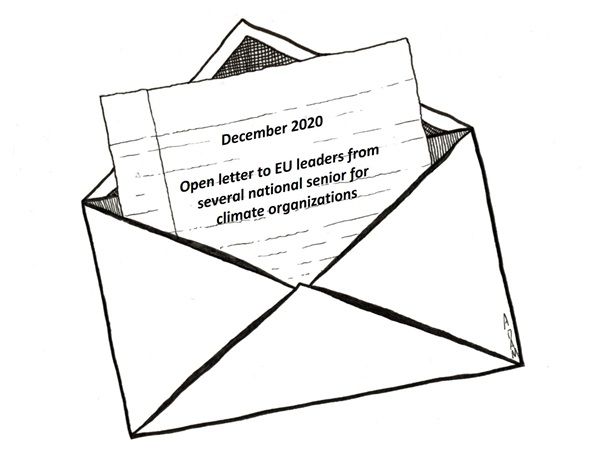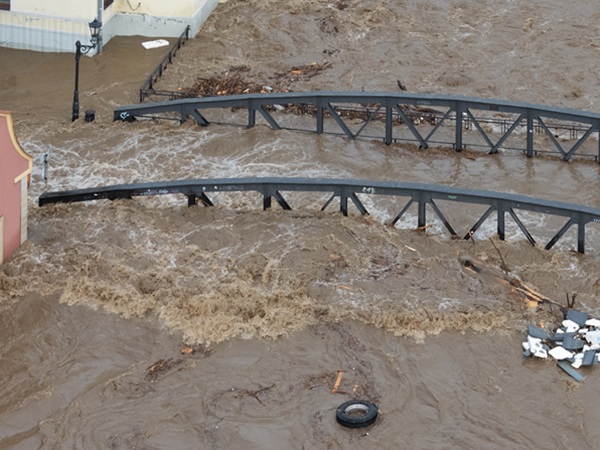Climate warming, government inaction and the courts
Larry French, Swiss Grandparents for Climate
Several court decisions have condemned national governments for their lack of action on climate warming:
Netherlands: on June 24, 2015, the court of the district of The Hague decreed that the government of the Netherlands was not taking adequate measures to protect its citizens from the emission of greenhouse gases and ordered that the government order their reduction as of 2020 by at least 25% compared to 1990. This judgement was subsequently confirmed by Holland’s Supreme Court.
France: an alliance of four NGOs fighting climate warming, having collected 2.1 million signatures on their petition, brought a court challenge on March 14, 2019, against the government of France for its inaction in fighting planetary warming. On February 3, 2021, the Administrative Tribunal of Paris found that the nation was indeed at fault.
Germany: the Constitutional Court of Karlsruhe pronounced that the federal greenhouse gas reduction law was in contravention of basic human rights as it did not proscribe adequate measures from 2031 on.
Belgium: on June 17, 2021, the Brussels lower court decided that the climate policy of Belgium’s federal government, as well as that of the regions of Flanders, Wallonia and Brussels were in contravention of the Civil Code and the European Convention of the Rights of Man.
(Source: Breaking the Glass, Reflections on Climate Emergency, Michel Stevens, p101, Verdict of the Judges)
Switzerland: Elder Women for the Climate at the Court of Human Rights
The association Elder Women for the Protection of the Climate, rebuffed by the Swiss Federal Council, demonstrated in Strasbourg in 2020 in front of the headquarters of the European Court of Human Rights. They charge that the inaction of governments on climate warming, by endangering the health of seniors, is a violation of their human rights. In a historic moment the European Court of Human Rights heard their case on March 29, 2023, and promised a decision before the end of the year.
State of emergency, civil disobedience and the courts. A work in progress
‘Innocent!’ proclaimed Judge Philippe Colelough on January 13, 2020, at the conclusion of a hearing of the Lausanne police court. (24 Heures, Lausanne, January 14, 2020). Twelve members of Lausanne Action Climate were charged with trespassing and disobeying a police order for playing a mock game of tennis inside the Crédit Suisse Bank. Judge Colelough decided that there was a state of ‘climate emergency’ that justified this violation of civil law. After a challenge by the public prosecutor, the court of appeal reversed the Colelough decision while dismissing several ancillary charges.
Presently, the Action Climate activists are awaiting a decision on their appeal by the European Court of Human Rights.
Their case confronts us with an existential dilemma: if law enforcement agencies and the courts are blind to the realty of climate emergency, does civil disobedience become the only viable response?
Afterword: The young Swiss climate activists briefly disrupted activities in a branch of Crédit Suisse. They have been punished by the courts. The irresponsible bonus seeking bankers responsible for the collapse of Crédit Suisse, who forced a bail out of 200 billion Swiss franc by the Swiss government are not facing the courts. A mere threat by some parliamentarians to reclaim part of their bonuses. Criminal bankers have immunity in Switzerland, climat activists do not!






